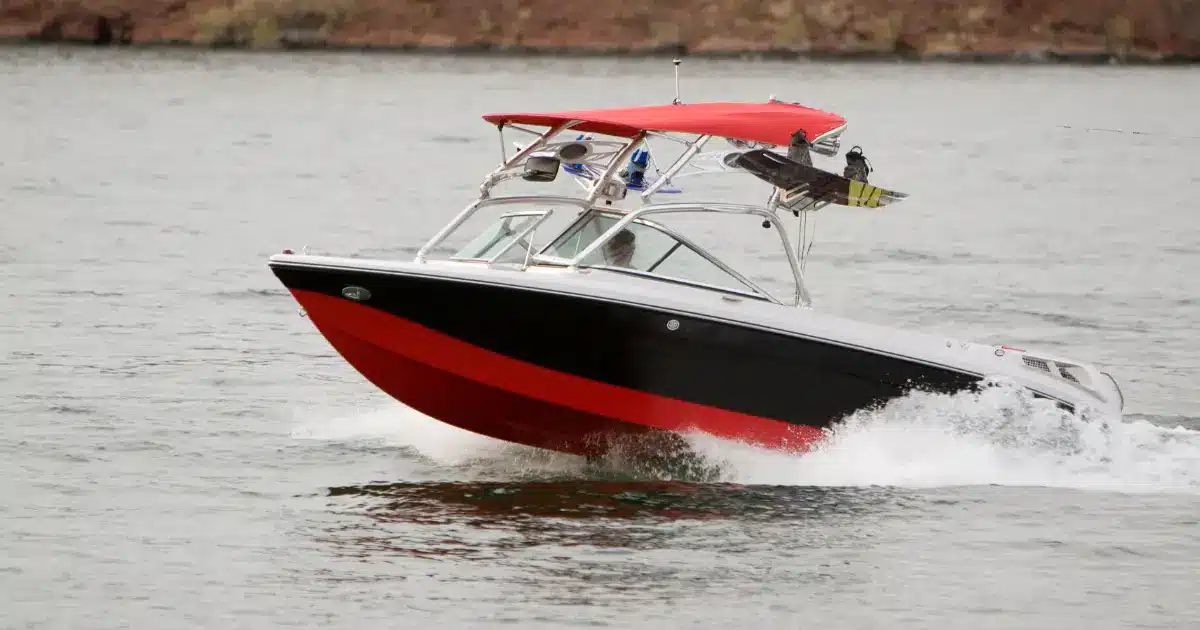In the United States, Arkansas and Utah are the only states where boat insurance is legally required. However, various marinas and municipalities might mandate a boat insurance policy if you wish to dock your boat. Additionally, if you have financed your watercraft, your lender might insist on a boat insurance policy with physical damage coverage. Even if boat insurance isn’t mandatory, it can be crucial for protecting your vessel and assets in case of a boating accident where you are held liable.
4 min read
Key Takeaways
- Boat insurance is mandated by law in only two states, but marinas and lenders might require it.
- A boat insurance policy can protect against theft and vandalism, even when your boat is in storage, and may also cover your boat trailer.
Which Boat Insurance Coverages Are Required?
Boat insurance is optional by law in 48 states, but depending on your situation, you may need certain coverages:
- Liability: Your state, municipality, or marina might require a minimum amount of liability coverage.
- Comprehensive and Collision: If you have a loan on your boat, your lender might require these coverages to protect against physical damage.
Even if your boat is paid off and there’s no requirement from your marina or state, boat insurance can still be essential in safeguarding your watercraft and assets.
How Much Boat Insurance Do You Need?
The amount of boat insurance needed varies based on your location, circumstances, and boat type. The following coverages can help protect you and your watercraft, whether you’re liable for a boating accident, your boat is stolen or damaged, or your vessel is disabled or sinks.
- Bodily Injury and Property Damage Liability: Liability coverage on your boat insurance policy pays for injuries or damages you cause while boating, as well as potential lawsuit costs. Your liability coverage limits should be enough to cover your assets in case you’re liable in a boat accident. For instance, if your net worth is $200,000, you should have at least that much in liability coverage on all of your insurance policies, including boat insurance.
- Comprehensive and Collision Coverage: Often required by lenders for financed boats, these coverages can pay to repair or replace your boat, minus your deductible, if it’s vandalized, stolen, damaged by fire or weather-related issues, or collides with a watercraft, animal, or object. Choosing a comprehensive and collision deductible for your boat policy depends on how much you’re comfortable paying out of pocket in case of a claim. You can reduce the cost of boat insurance by increasing your deductible amount.
- Fuel Spill and Wreckage Removal Coverage: If your watercraft sinks and removal is legally required by a marina or the government imposes a fine due to a fuel spill, many boat insurers, including NavSav, offer coverage for fuel spills and wreckage removal.
Do You Need Insurance for a Boat Trailer?
While insurance for your boat trailer is optional, damage to your trailer is automatically covered when you add the trailer to your NavSav boat policy. Learn more about boat trailer insurance here.
Do You Need Boat Insurance When It’s in Storage?
Yes, boat insurance can still be important for protecting your boat while it’s in storage. Comprehensive coverage can pay to repair or replace your boat, minus your deductible, if damaged by hail or other weather-related perils while it’s stored. Comprehensive can also pay to replace your boat if it’s vandalized or stolen while in storage, minus your deductible.
Plus, if you keep your boat insured, you won’t need to reactivate your policy once you’re ready to get back out on the water.
Do You Need Insurance on an Older Boat or a Fishing Boat?
Even inexpensive watercraft can be involved in accidents. While you might decide that paying for physical damage coverages for a boat worth less than a few thousand dollars isn’t worthwhile, boat liability coverage is typically affordable and can still be essential if you’re liable for injuries or damages while boating.
For more information on securing boat insurance, visit NavSav’s boat and marine insurance page.
